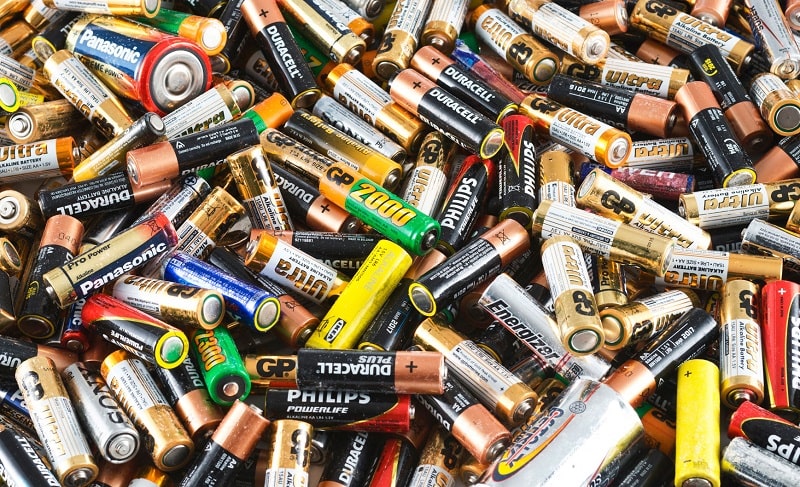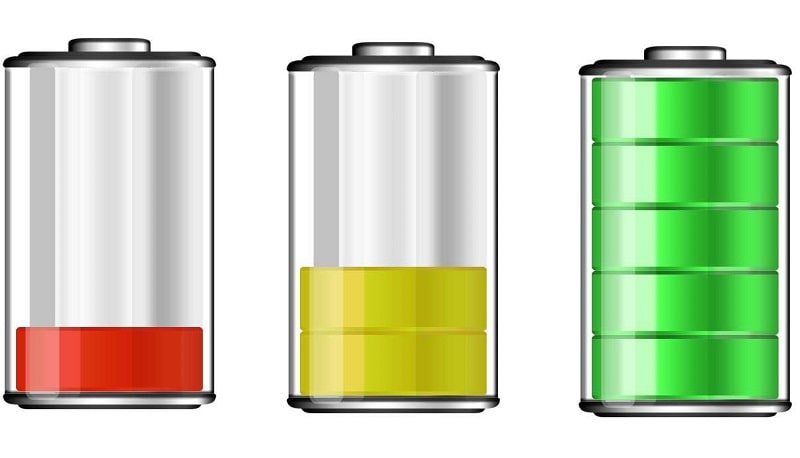Experts from Russia have created a powerful competitor to standard lithium-ion batteries. It is based on environmental friendliness and is designed for potassium-ion batteries. A disadvantage of conventional batteries is their low energy transfer rate. This has a negative effect on the functionality of devices powered by such energy. Lithium deposits are limited in volume, which means that the price of batteries containing lithium is bound to rise in the long term. Scientists have developed an electrode cell capable of replacing lithium (OHTAPQ). The organic material is designed for high-capacity battery anodes and has an optimum performance-to-discharge-cycle ratio.

Tesla launches latest technology solution
Tesla has conducted a lot of research and experiments in the field of developing a new generation of energy carriers, achieving significant results in its activity. The firm plans to put potassium-ion batteries with an extended warranty period – 8 times longer than before – into mass production. Ivan Zhidkov, associate professor at the UrFU, claims that the new batteries will have a longer service life, have more energy, are lighter in weight, and have an optimised charging and discharging cycle. Studies have proven the reliability of the organic-based battery: more than 1200 discharge/recharge cycles have demonstrated stable performance of the energy resource and a high rate of energy transfer. The project is supported by:
- Ural Federal University.
- Institute of Chemical Physics Problems and the Ural Branch of Russian Academy of Sciences.
- Ministry of Science and Education of the Russian Federation.
- Moscow Centre of Energy Sciences and Technologies of Skoltech together with Polish partners.
Experiments have confirmed a technological breakthrough in the field of energy resources. By using (OHTAPQ) as an anode, potassium-ion energy carriers outperform their lithium-ion counterparts in all characteristics, including weight and energy density. The applications for such batteries are therefore expanding, electric cars and tablets will now be able to weigh less or store more electricity at the same size. In addition, cars will have a longer range and electronic gadgets will be able to discharge for much longer.

